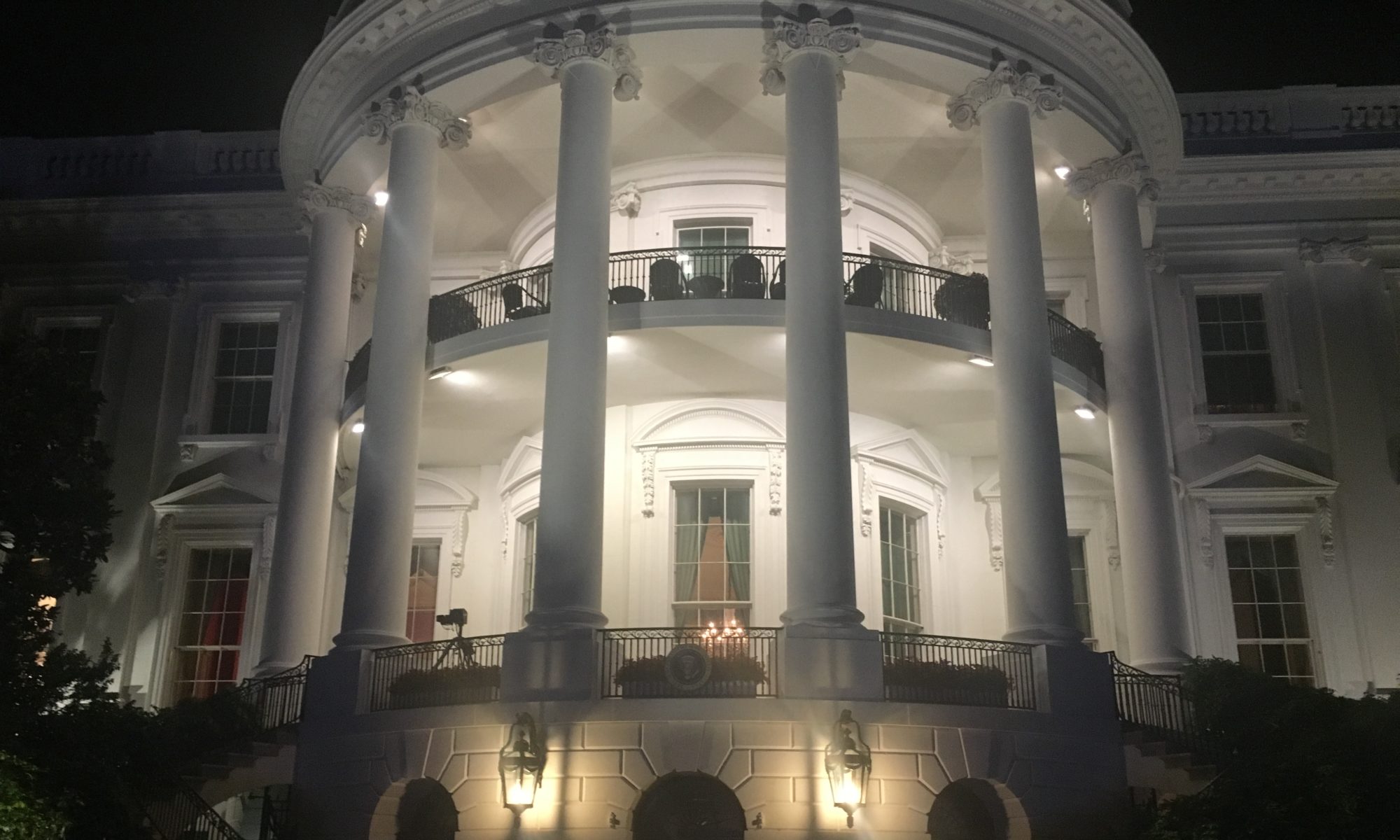June10, 2019
On Thursday, June 6th, we marked the 75th anniversary of D-Day, when Allied forces stormed the beaches at Normandy. The invasion was a bold and risky endeavor that dealt a decisive blow to Hitler’s genocidal, fascist forces. As the years pass, fewer and fewer veterans remain who can provide a first hand account of that momentous day. As a result, the coverage on this anniversary aimed to correct the blind spots of history. We were urged to remember the Black soldiers who participated in the invasion, despite serving in a segregated army, (Source: “We Must Remember D-Day’s Black Heroes,” by Rep. Marc Veasey, TheHill.com, 6/6/19). Others highlighted how French women were singled out for harsh punishment for “consorting” with the enemy, even when male collaborators escaped punishment and even when some of those women were the victims of rape, (Source: “This Picture Tells a Tragic Story of What Happened to Women After D-Day,” by Ann Mah, Time.com, (h/t Greg Thomson),6/6/19).
These nuanced stories were in stark contrast to Trump’s D-Day performance, which desecrated the solemnity of the occasion. Although by all accounts, Trump made an excellent and appropriate speech, his antics leading up to it proved that it was just a performance— a competent recitation of empty words. In a nasty interview with Laura Ingraham, which delayed the commemoration by 30 minutes, Trump insulted House Speaker, Nancy Pelosi and Robert Mueller, an actual veteran, (Source: “Trump’s D-Day speech was great. He was the wrong man to give it,” by Alex Ward, Vox.com, 6/7/19).
Yet, while we celebrate the bravery of the Allied forces who liberated Europe from the grip of Hitler, we are haunted by the fear that we are hurtling inexorably towards a fascist future. Around the world, we see the rise of nationalist autocrats who crush dissent and demonize the “other,” however they define them. Here in the United States, we watch in horror as Trump arrogates more and more power for himself, as Congressional Democrats squabble over whether to deploy the Constitutionally mandated weapon of impeachment against greatest threat to American democracy since The Civil War, (Source: “Inside Democrats Divisive Impeachment Debate,” by Mike DeBonis, Rachel Bade and Paul Kane, The Washington Post, 6/8/19). It is easy to be overwhelmed by a feeling of powerlessness, as if there is nothing we can do to prevent the inevitable.
“1984,” George Orwell’s dystopian masterpiece that we all read in high school, might offer the best guidance for how to live through this moment. It is hardly original to suggest that “1984,” with its bleak vision of a totalitarian state capable of monitoring its citizens’ every thought, is an apt metaphor for our current age. “1984,” which celebrated its 70th anniversary on June 8th, saw its sales skyrocket in the wake of Trump’s election three years ago, (Source: “Doublethink Is Stronger Than Orwell Imagined,” by George Packer, The Atlantic, July 2019). As Packer compellingly argues in his review of Dorian Lynskey’s new book, “The Ministry of Truth: The Biography of George Orwell’s 1984,” we are living in a unique historical moment, where regimes “combine hard nationalism— the diversion of frustration and cynicism into xenophobia and hatred—with soft distraction and confusion…cruelty and entertainment,” (ibid).
In an environment where we are so subjected to a barrage of propaganda, it takes a Herculean effort to ferret out what is true. When so many of us are constantly under attack for our very existence, it is easy to live our lives in a constant defensive crouch. The challenge for each of us is to unsparingly call out the lies and distortions used by right wing fanatics to dehumanize us, while simultaneously rejecting the seductive simplicity of “cancel culture” that disdains nuance and refuses to engage with those operating in good faith.
As Orwell cautioned, “to see what is in front of one’s nose needs a constant struggle.” Let’s hope that we are all up to the challenge.
